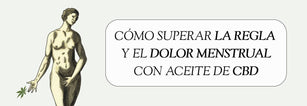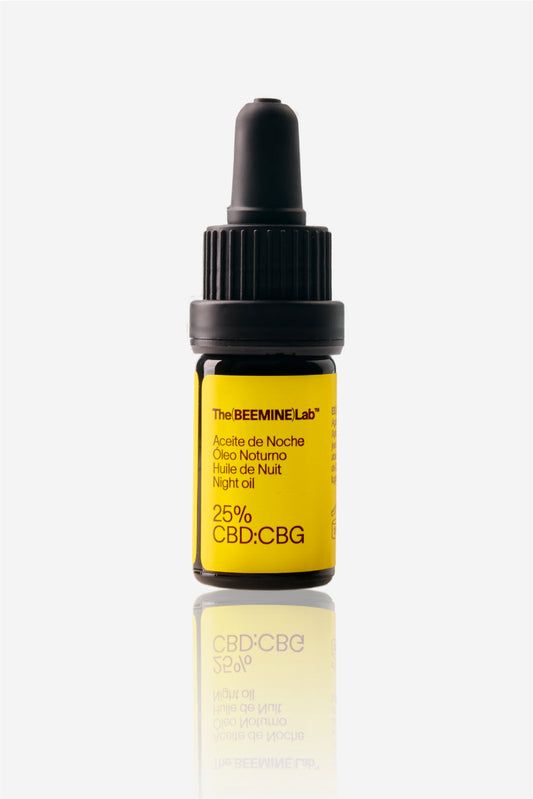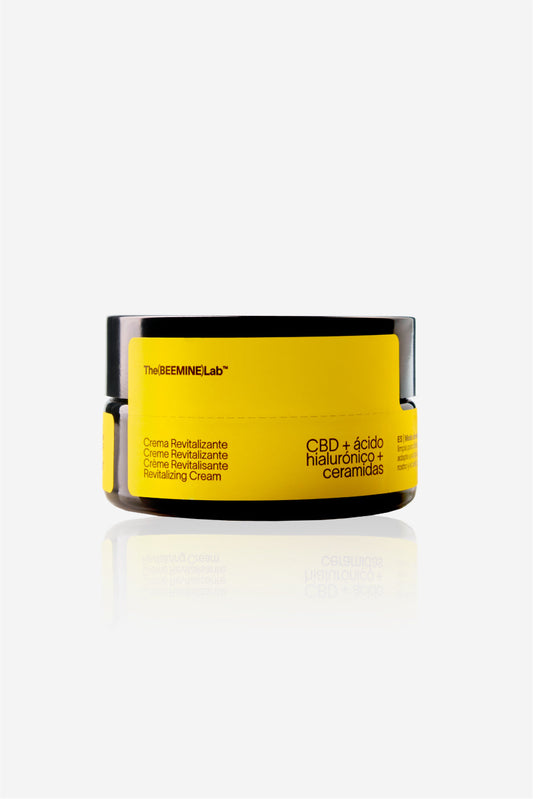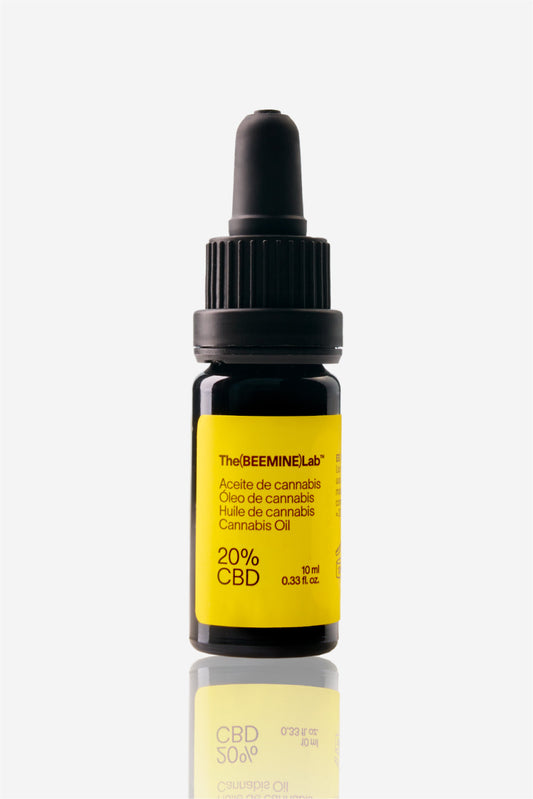What is depression?
Depression is a mood disorder, meaning it affects the emotional and psychological state and is reflected in social and professional functioning, being the main cause of disability worldwide. Depression is an illness that affects 5% of the adult population but can occur at any age, negatively interfering with a person's quality of life, both in personal, family, work and social spheres. In its most severe form it can even lead to suicide. 1-2-3Symptoms of depression
- Feelings of sadness and pessimism, lack of hope
- Loss of interest and feeling of pleasure in doing things
- Lack of mental energy and cognitive problems (attention, memory, concentration)
- Feelings of anguish, guilt and helplessness
- Irritability, frustration, anxiety
- Sleep and rest problems or excessive sleep
- Changes in appetite and eating habits (weight gain or loss)
- Lack of physical energy, fatigue and inactivity
- Physical discomfort of psychological origin
Types of depression
The most common types are mainly characterized by duration:- Major depression : duration of at least 2 weeks
- Persistent depressive disorder : a depressive state of 2 years duration with fluctuating symptoms
- Major depression with psychotic symptoms
- Anxiety-depressive disorder : It is classified as an anxiety disorder with a marked depressive component.
- Postpartum depression : characterized by the symptoms and duration of major depression
- Premenstrual dysphoric disorder : depressive symptoms related to the premenstrual period
- Seasonal affective disorder : depressive symptoms related to the seasons, usually the colder ones
Causes and Treatment of Depression
Genetic, biological, psychological, environmental and sociocultural factors may be involved. In many cases, depression is triggered as a result of a traumatic event that generates an emotional impact and/or physical consequences . At the brain level, depression is related to low levels of dopamine, serotonin and noradrenaline , the neurotransmitters that drug treatment stimulates through antidepressants. Although drugs can help at the symptomatic level, treatment involves different psychological therapy strategies. 3-4Relationship with the Endocannabinoid System
At the physiological level, the ECS interacts with different neurotransmitters, including serotonin, dopamine and norepinephrine. This action is mainly due to the CB1 receptors, present mainly in the Central Nervous System and the 5HT1a, serotonin receptors. (5) It has been hypothesized, as occurs in other diseases, that an imbalance of the Endocannabinoid System may give rise to the pathophysiological mechanisms of depression. For this reason, thanks to a treatment with phytocannabinoids it is possible to modulate the levels of the aforementioned neurotransmitters , improving the physical and psychological symptoms of depression. (6) Although the use of THC could be positive in some cases in which consumption is controlled and supervised by a professional, in most cases psychoactivity could lead to a worsening of symptoms, with THC abuse being a comorbidity factor for depression. (7)(8)(9)
What do studies say about using CBD for depressive symptoms?
There are studies carried out on both animals and humans that demonstrate the safety and efficacy of CBD in the treatment of depressive symptoms , justifying the need to carry out more complete and controlled studies. In addition, there is a large clinical evidence of the effectiveness of CBD in relieving the symptoms of anxiety , which is often associated with depressive disorders. There are several clinical trials that are studying its anxiolytic properties in depth. (10-11-12-13-14) Literature:- https://medlineplus.gov/spanish/ency/article/003213.htm
- https://www.nimh.nih.gov/health/publications/espanol/depresion-sp
- https://www.who.int/es/news-room/fact-sheets/detail/depression
- https://www.elsevier.es/es-revista-farmacia-profesional-3-articulo-antidepresivos-13081504
- https://www.fundacion-canna.es/sistema-endocannabinoide
- Rana, T., Behl, T., Sehgal, A., Mehta, V., Singh, S., Kumar, R., & Bungau, S. (2021). Integrating Endocannabinoid Signaling In Depression. Journal of molecular neuroscience : MN , 71 (10), 2022–2034.
- Onaemo, VN, Fawehinmi, T.O., & D'Arcy, C. (2021). Comorbid Cannabis Use Disorder with Major Depression and Generalized Anxiety Disorder: A Systematic Review with Meta-analysis of Nationally Representative Epidemiological Surveys. Journal of affective disorders , 281 , 467–475.
- Lowe, D., Sasiadek, J.D., Coles, AS, & George, T.P. (2019). Cannabis and mental illness: a review. European archives of psychiatry and clinical neuroscience , 269 (1), 107–120.
- Feingold, D., & Weinstein, A. (2021). Cannabis and Depression. Advances in experimental medicine and biology , 1264 , 67–80.
- García-Gutiérrez, MS, Navarrete, F., Gasparyan, A., Austrich-Olivares, A., Sala, F., & Manzanares, J. (2020). Cannabidiol: A Potential New Alternative for the Treatment of Anxiety, Depression, and Psychotic Disorders. Biomolecules , 10 (11), 1575.
- Oberbarnscheidt, T., & Miller, N.S. (2020). The Impact of Cannabidiol on Psychiatric and Medical Conditions. Journal of clinical medicine research , 12 (7), 393–403.
- Crippa, JA, Guimarães, FS, Campos, AC, & Zuardi, AW (2018). Translational Investigation of the Therapeutic Potential of Cannabidiol (CBD): Toward a New Age. Frontiers in immunology , 9 , 2009.
- De Mello Schier, AR, de Oliveira Ribeiro, NP, Coutinho, DS, Machado, S., Arias-Carrión, O., Crippa, JA, Zuardi, AW, Nardi, AE, & Silva, AC (2014). Antidepressant-like and anxiolytic-like effects of cannabidiol: a chemical compound of Cannabis sativa. CNS & neurological disorders drug targets , 13 (6), 953–960.
- Silote, GP, Sartim, A., Sales, A., Eskelund, A., Guimarães, FS, Wegener, G., & Joca, S. (2019). Emerging evidence for the antidepressant effect of cannabidiol and the underlying molecular mechanisms. Journal of chemical neuroanatomy , 98 ,







